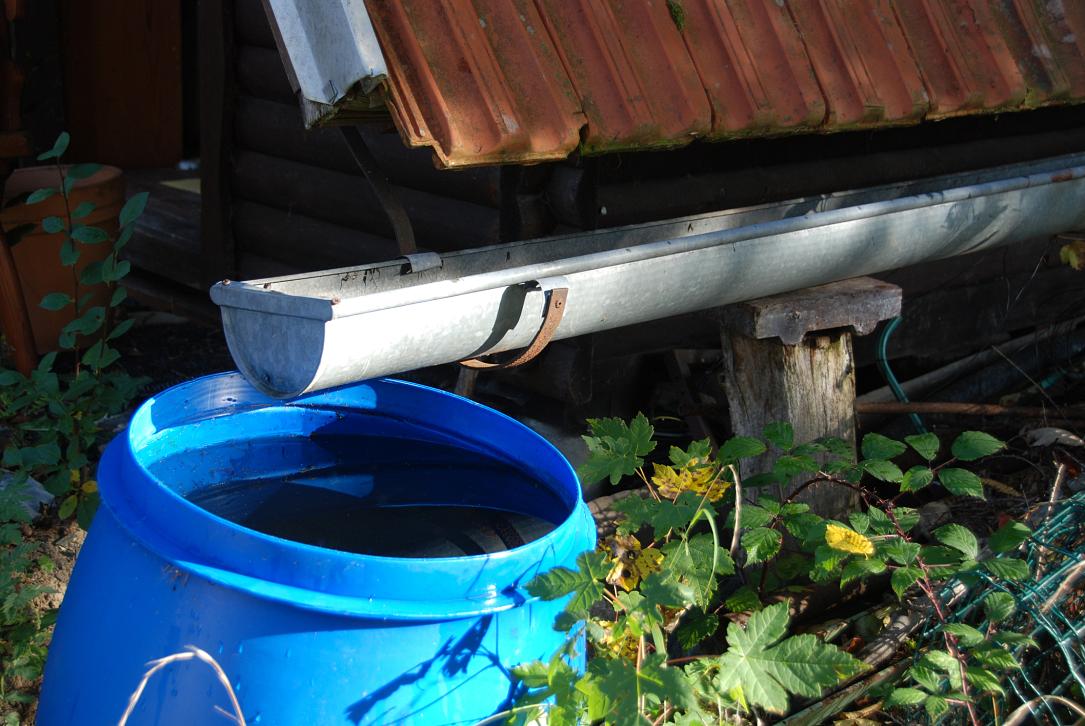Authorities encourage Romanians to collect rainwater



Romania’s water authority, Apele Române, recently issued a recommendation encouraging people to replace drinking water with rainwater in domestic activities like watering their gardens.
Numerous towns and villages have been impacted by the ongoing drought plaguing Europe, leading to a shortage of drinking water.
Many people in Romanian villages traditionally use drinking water from their wells and taps for their gardens and greenhouses, and the authorities have had a hard time convincing them to do otherwise. Meanwhile, water reserves in the country are at record lows.
Drying lakes and rivers have forced the authorities to impose restrictions connected to the use of drinking water in 700 Romanian localities.
“It is very important that during this period we use drinking water for drinking, and turn to alternative sources whenever we can. We could collect rainwater, especially during rain-heavy periods, because a reduction in consumption can translate into thousands or even millions of cubic meters of very important water saved during this period,” Ana-Maria Agiu, spokesperson for Apele Române, said in a statement for Digi24.
“Any gesture that leads to the conservation of water counts, and during this period we also have to think about those around us so the water can be enough for everyone,” she added.
Romania is among the European states that were gravely impacted by drought this summer. A recent report highlighted the worst lack of rainfall and soil moisture in Europe in 500 years. Roughly 47% of the continent has been under a drought alert, and 17% under a maximum level alert.
Other countries that were massively impacted by drought are Spain, France, Hungary, Italy, Germany, Hungary, Slovenia, and Croatia. Several have imposed measures meant to restrict the amount of water used for irrigation. The most affected crops are soybeans, corn, and sunflower.
While rainwater can stand in for drinking water when it comes to watering crops, it cannot replace it when it comes to drinking. Researchers at the University of Stockholm have found human-made chemicals – also called forever chemicals, since they do not break down in the environment – in rainwater almost everywhere on Earth, including Antarctica. These chemicals render rainwater unsafe to drink.
(Photo source: Maljalen | Dreamstime.com)